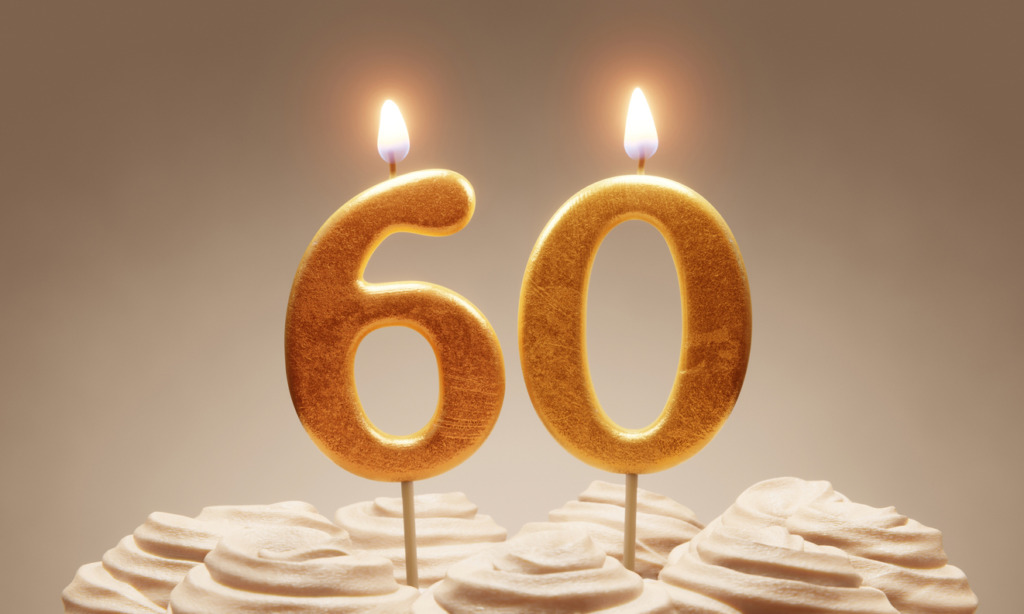On June 11, I will be celebrating what is commonly referred to as a “big birthday” — one of those that ends in zero. My big birthday is my 60th.
Like a lot of people, when it comes to these landmark birthdays, I think about my parents and wonder, “Where were my parents when they reached this age?”
Throughout our lives, we see our parents as much older and of a generation distant from ours, one to which we might have difficulty relating. We rarely imagine ourselves in their situations. For example, my dad was 60 when I was ordained a priest in 1989. He had already served in the military, had his family, retired from a government security agency and was serving as the full-time director of the Archdiocese of Washington’s permanent diaconate office.
Our perspective changes as we near what we once viewed as “much older.” As a young(er) man, I could not fathom what my life would be like when I reached the age of my parents. When 43-year-old parents have a 10-year-old son, to him they might as well be 50, 60 and beyond. But when he arrives at those ages, he has had life experiences that allow him to see things differently.
I’ve had a lot of wonderful experiences from my childhood through today. My nearly 33 years of priestly life and service, which I will celebrate on June 24, has had many facets — pastoral experience as a parochial vicar and pastor, administrative experience as director of the Archdiocese of Washington’s Office of Youth Ministry, serving in the offices of Washington’s archbishops, much later in archdiocesan administration as an auxiliary bishop, and for more than four years as bishop of Richmond. I draw upon those experiences daily and thank God for all of them.
When we were younger, we thought that in 10 years we’d have life “all figured out.” When that didn’t happen, we thought we’d have it all figured out in 20 years. Eventually we came to realize that figuring it out was a life-long, ever-changing process. It would never be past tense.
We developed that perception as we watched and listened to those who came before us because they seemed to have life all figured out. They always appeared to know what they were about. What we did not realize was that they were experiencing things for the first time, having to adapt to changes in their personal lives and to events of their day much the way we do.
They learned of world unrest from their newspapers and TV sets, while many of us learn of it from websites and social media. They had to deal with concerns about polio while we deal with COVID. They had to adapt to a culture that was changing, just as we do. They asked as we ask: How do we, as disciples, act and carry out our mission to share our faith effectively in a world that so often seems to be going in different directions?
There is a challenge and a comfort in knowing that we don’t have it all figured out. The challenge is frightening because we’re aware that we don’t always know how to respond to the upheaval and ideologies that disrupt communication, economics, politics and our culture as a whole.
However, we have comfort in recognizing that the unknowns we are experiencing parallel what other generations have encountered. What we also learn, especially when we have had people of faith as role models, is that we need to reaffirm our dependence upon Our Lord because he’s got it figured out. When we turn to him, when we are in communion with him, when we allow the Holy Spirit to guide and inspire us, figuring things out is possible.
I do not dread having a “big birthday.” Rather, I rely on my faith and try to cultivate a heart open to what God calls me to be and to do. As I prepare to blow out 60 candles, I do not feel old. Nonetheless, I welcome the words of the psalmist: “In old age they will still bear fruit” (Ps 92:15). We might add to those words: “… and will keep trying to figure it out.”

